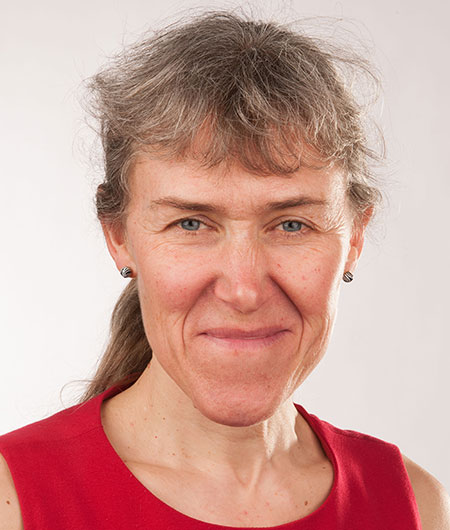One of our consultant Orthopaedic Surgeons has written a new national guide on ‘avoiding unconscious bias’.
Mrs Scarlett McNally wrote the guide for the Royal College of Surgeons and it was published on Thursday (August 4). It focuses on overcoming the unconscious opinions that everyone forms about people when they first meet them and offers advice on to get beyond this -“fake it till you make it”. Mrs McNally has been interviewed by the BMJ, the most-read doctor’s journal, about the guide.
Mrs Scarlett McNally said: “How we feel about a person means we act slightly differently even if we are not aware of our thoughts and impressions. In extreme cases this can turn result in bullying or discrimination, even if it is not intentional.
“This guide is about recognising how we make snap judgements and encourages people working in healthcare to consider their own responses and reactions to colleagues. Our behaviour matters. How people see us behave matters.
“Most organisations teach about equality and diversity. In the NHS, we do well on ‘equality’ with fair interviews and exams testing standard items. But the NHS doesn’t do nearly so well on diversity. To improve diversity you need to welcome people. You need to define what tasks are needed for a role, not what the person doing the tasks should look like. You can then work with the person to perfect each task. More diverse teams work better.”
This national guidance from the Royal College of Surgeons references East Sussex Healthcare NHS Trust’s Anti-bullying policy in Doctors’ clinical Handbook. This reference highlights the progress and work being made within ESHT to address perceptions of bullying and harassment.

Scarlett McNally
Dr Adrian Bull Chief Executive ESHT said: “We want ESHT to be a place where people are proud and happy to come to work. The exemplar behaviours identified in this report are the behaviours we expect from our members of staff. Not only do they make for a good working environment, they are a real contribution to safe care.”
Mrs McNally also led on the surgeons’ guide about mentoring last year. This means each surgeon or future surgeon could have someone senior helping them look beyond the present moment and help them to plan their career properly, focussing on overcoming any hurdles.
She recently lectured in Australia about bullying, after a report found 50% of junior doctors training in surgery in Australia reported having been bullied. In Australia, the surgeons accused of bullying often did not realise how trainees interpreted their actions, as they thought being strict was the only way to behave. But this sometimes meant trainees were scared of their Australian bosses and didn’t learn so well or didn’t feel able to say if there was a problem or they felt bullied. The ‘avoiding unconscious bias’ document recognises that everyone learns in a different way and that we need to take time to get the best out of people even if they don’t look like they fit the part.
The Royal College of Surgeons is focussed on making the surgical profession more inclusive, diverse and dynamic. The ‘avoiding unconscious bias’ document encourages people to see beyond what a person looks like to what they should be doing. It also lists behaviours that are high risk for being interpreted as bullying. It offers advice for organisations on how to make committees more diverse, by making small changes to the application process and supporting new and potential members. The guide is available on the RCS website: www.rcseng.ac.uk.
